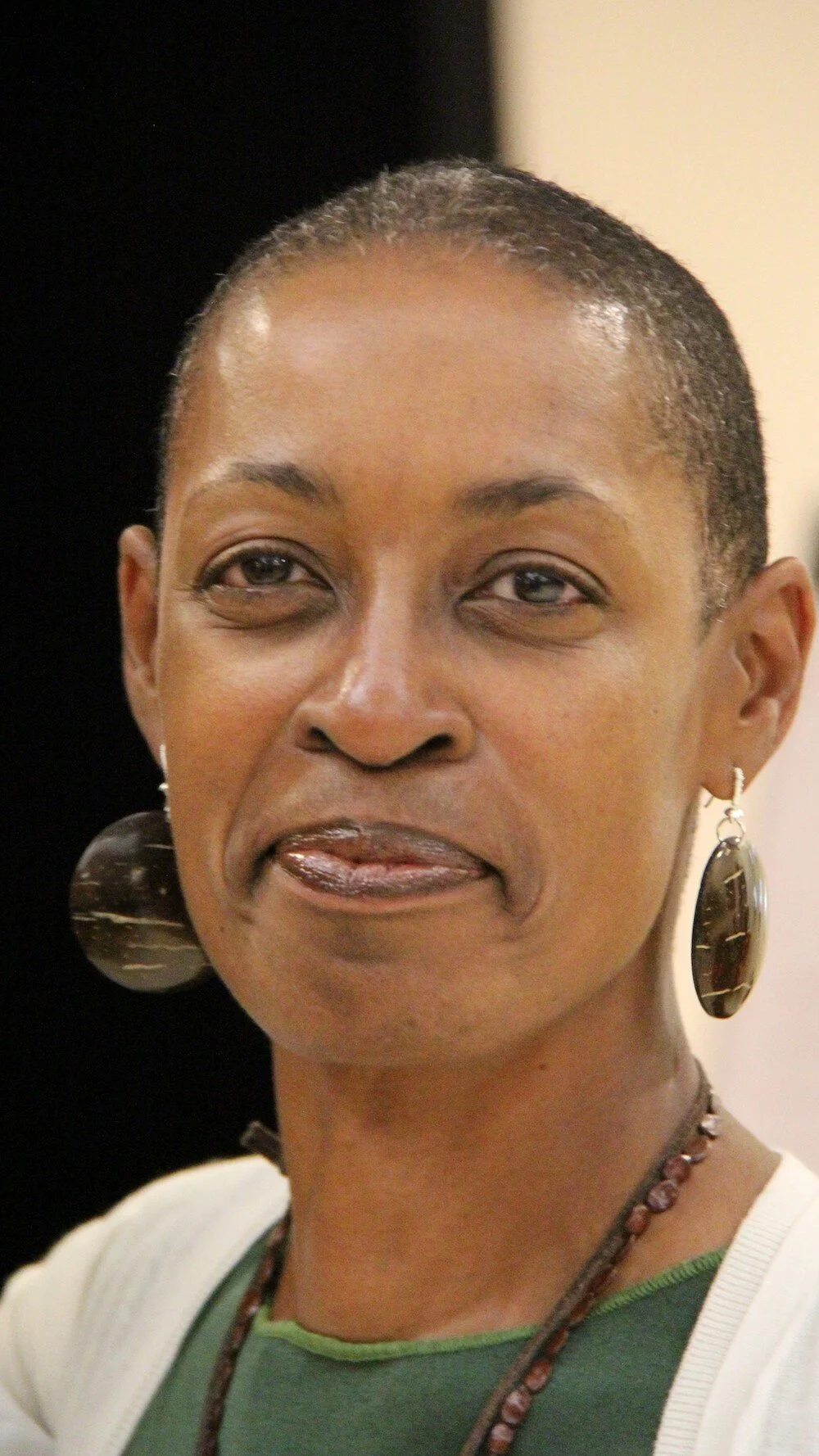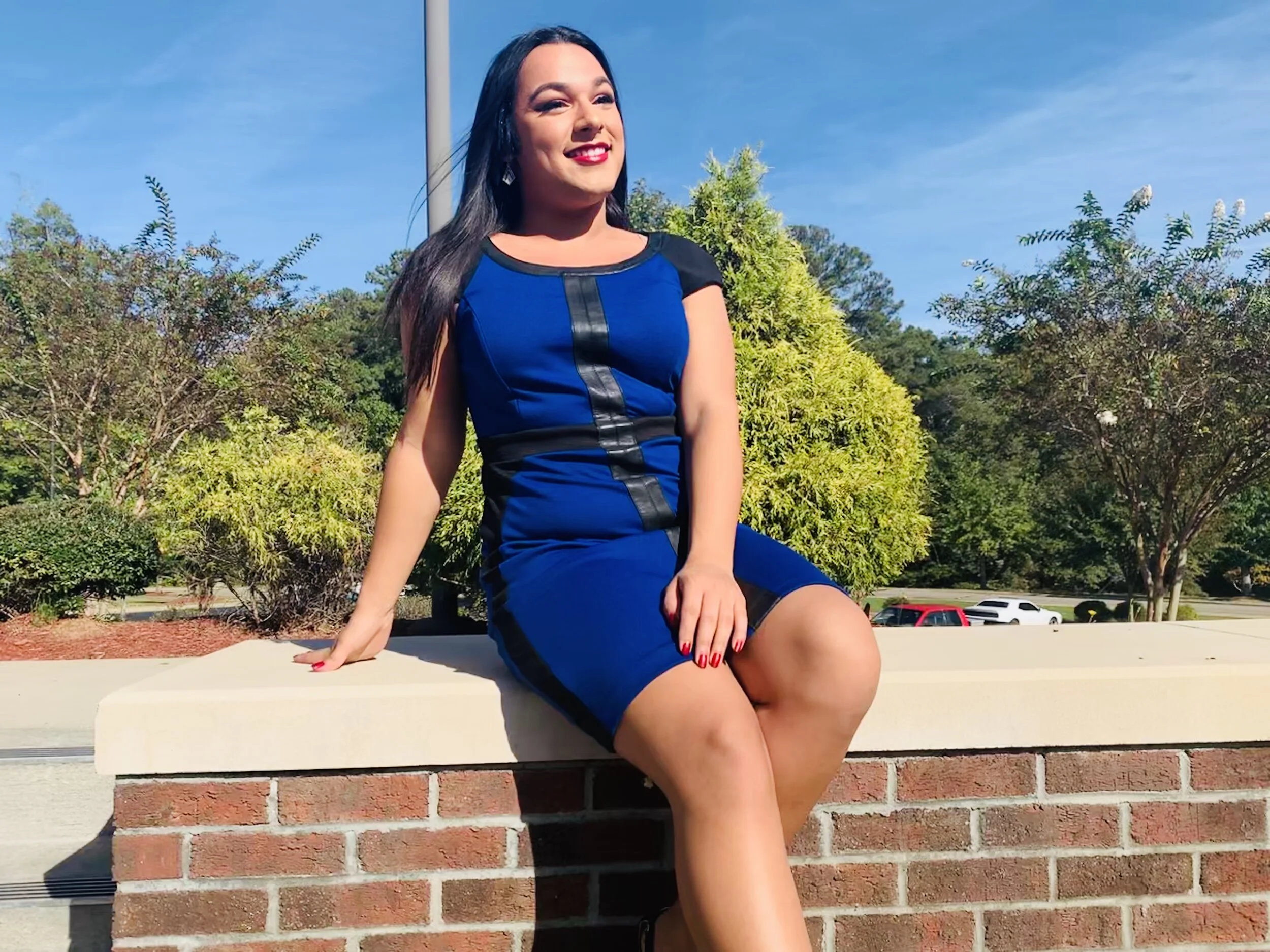Black Women Radicals’ Blog, “Voices in Movement,” welcomes you to engage with our March 2020 theme, Sankofa: Honoring Our Black Feminist Pioneers.
Read MoreDr. Mame-Fatou Niang is undoing historical and contemporary revisionist French history that has tried to erase the contributions, leadership, and political achievements of Black French Radical Women in France and in the French Empire.
Read MoreFor Phyll Opoku-Gyimah, who is popularly known as Lady Phyll (she/hers/hers), Black Queer Feminist Belonging does not mean creating collectives in response to white exclusion––it means recognizing that Black LGBTQ+ people in the United Kingdom exist whether they are in those spaces or not.
Read MoreMaya Millett (she/her/hers) is on a mission to ensure the politics, activism, histories and lives of our earliest Black feminist foremothers will never be erased from history again.
Read MoreKatie Petitt (she/her/hers) is doing the critical work of highlighting and spotlighting the leadership of activists around the world whose stories have often gone overlooked..
Read MoreActivist and organizer Je’Kendria Trahan (she/they) is using healing, conjuring, and organizing as a means to catalyze personal, collective, and political transformation and revolution in Washington, D.C. and beyond.
Read MoreAlexis McKenney (she/her/hers) believes knowing, centering, and acknowledging the long and rich legacy of Black activism––particularly, Black women’s activism––in D.C. should be central to organizers’ praxis.
Read MoreWhen it comes to the future of Black liberation, writer and activist Vanessa Taylor (she/her/they/them) wants you to know that Black Muslims will be there. In catalyzing and curating spaces of Belonging for Black queer and transgender Muslims, specifically, she also wants you to know that they too, have always been here––and they have something to say and more importantly, are here to stay.
Read MoreBlack Women Radicals’ Blog, “Voices in Movement” welcomes you to engage with our Black History Month 2020 theme, #MakingBlackQueerHistory: Black LGBTQ+ Women and Non-Binary Student-Activism at HBCUs.
Read MoreStudent-activist and actor Moses Bossenbroek (they/them/she/her) will not be bound by binaries, boundaries, and borders at Howard University and beyond.
Read MoreJustice Hicks (she/her/hers) shares her perspectives on being transgender at an HBCU and why LGBTQ+ student groups on campus need more support.
Read MoreAs a pioneering activist, organizer, and alumnus of Howard University, Annette “Chi” Hughes (she/her/hers) paved a formidable legacy for LGBTQ+ student-activists at Howard and at other historically Black colleges and universities, as the co-founder of the first openly LGBTQ+ student organization at any HBCU.
Read MoreA Black queer feminist organizer, activist, educator, and student affairs professional, Trinice McNally (she/her/hers) is relentless when it comes to transforming and creating liberatory spaces for LGBTQ+ students at HBCUs.
Read MoreA two-time alumnus of Howard University, Victoria Kirby Elliott York (she/her/hers) is adamant about HBCUs claiming, acknowledging, and honoring the power of queer student-activism, leadership, and legacy on their campuses.
Read MoreQueer non-binary student-activist Imani Bryant (they/them/she/her) has made it plain and clear they will not choose between their queerness and Blackness.
Read MoreSydney Stephens (she/her/hers) wants LGBTQ+ students at HBCUs to know their lives, their politics, their activism, and their humanity matters.
Read MoreMichaela Moore (she/her/hers) is a leading a LGBTQ+ student movement at Fayetteville State University to ensure all colors of the spectrum are represented and included at the historically Black university.
Read MoreQuartice Robinson (she/her/hers) is happy to find queer community and family at Fayetteville State University.
Read MoreJasmine J. Moye’s interview is a part of ‘Voices in Movement’ February 2020 theme, #MakingBlackQueerHisory: Black LGBTQ+ Women and Non-Binary Student Activism at HBCUs. To read the descriptor, please click here.
Read MoreAlexis D. Henninger (who uses all pronouns) believes all HBCUs should explicitly be committed in creating safe and inclusive campuses for LGBTQ+ students.
Read More



















